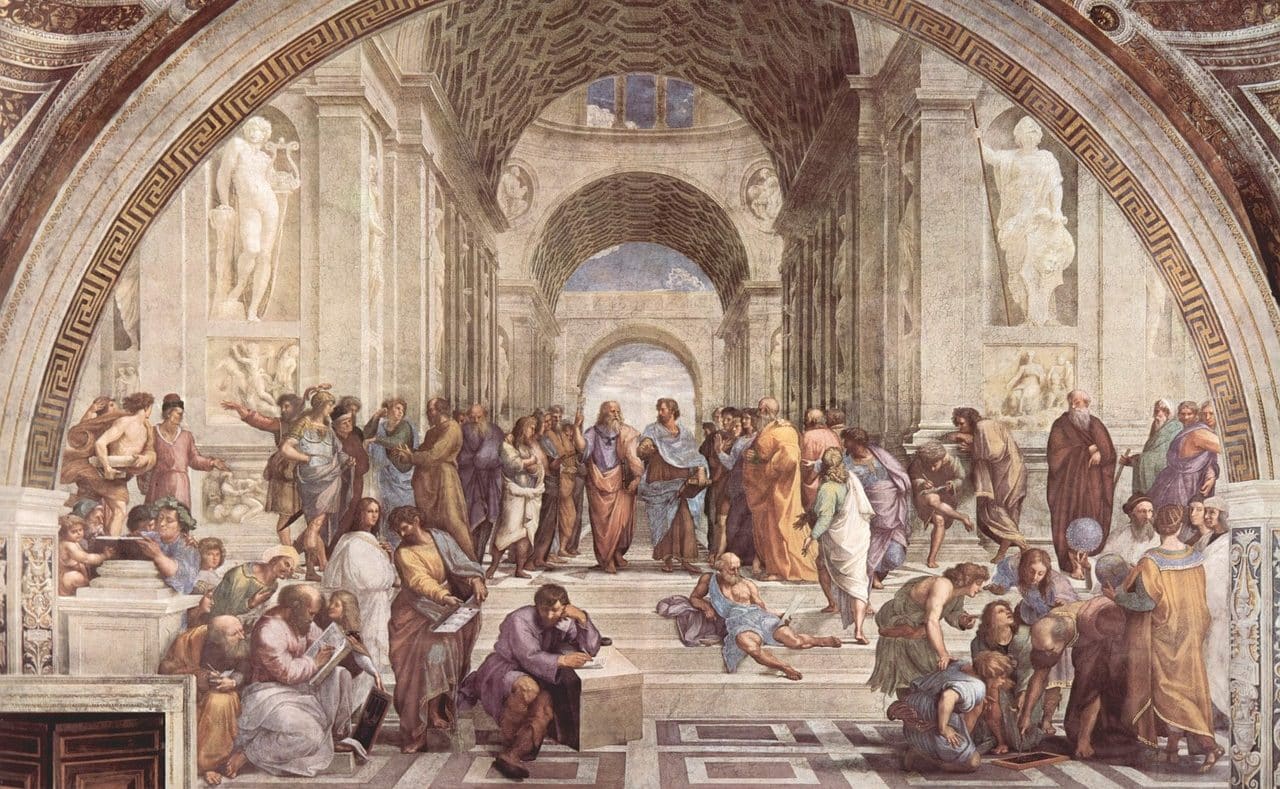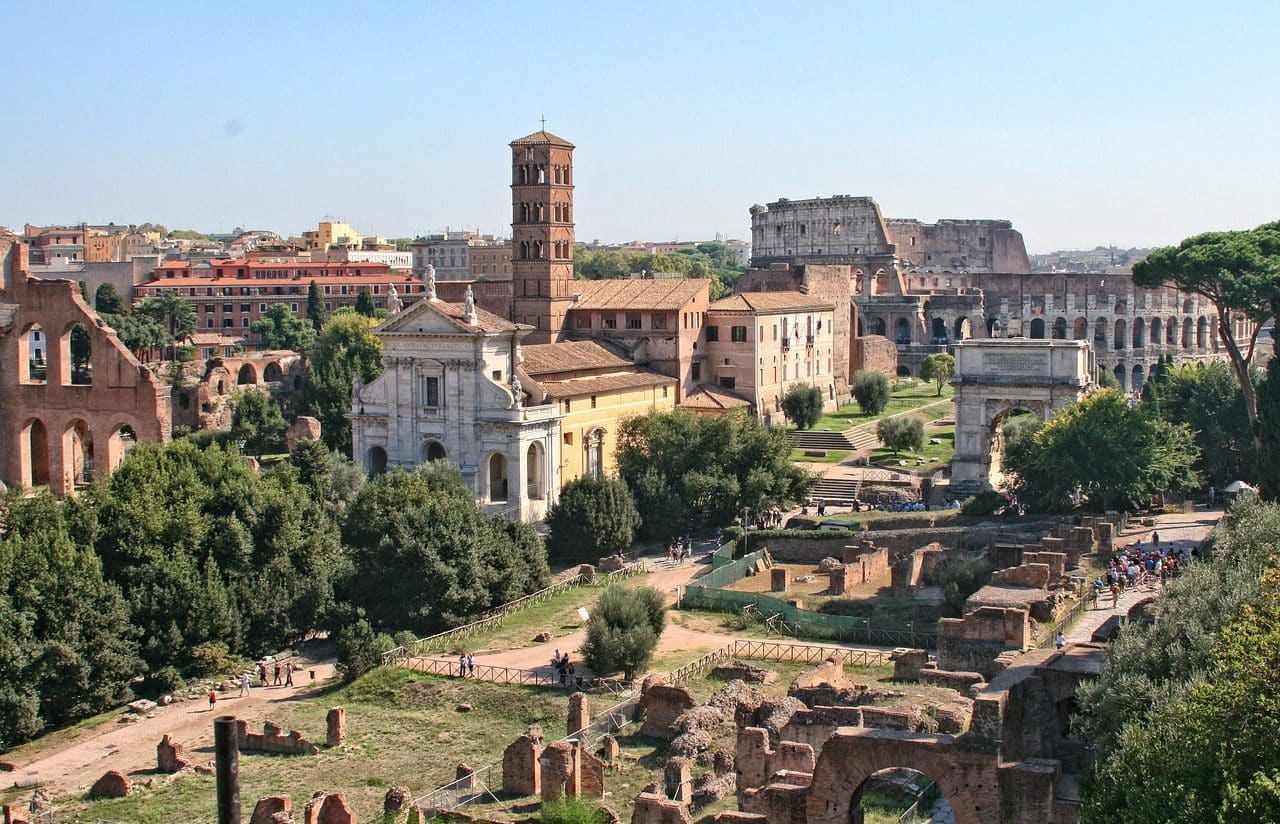
Plebe is the lower stratum of a society.
Plebe is a term that comes from the Latin plebs . The concept is used to name the social stratum that is at the bottom of the structure of society . This means that the plebs are the lower class , a name used to group all people who cannot satisfy their basic needs and who are marginalized from progress.
The most common use of the notion is found in ancient times, at a time when social stratification was more evident and mobility did not exist (a member of the lower class could never access a higher stratum). At that time, it was easy to differentiate between the plebs , the nobility , the clergy and the military .
Members of the plebs generally did not own property, so they subsisted in poverty . There were, in any case, commoners who had a certain wealth and who could exert their influence in society.
Historically, the plebs enjoyed fewer civil rights than the rest of the social classes. That is why its members began to fight to receive more equitable treatment, which caused numerous fights until the fall of the Ancien Regime .
The tribune of the plebs
It is important to know that in Ancient Rome there was what was called tribune of the plebs . This was a position held by those who were responsible for defending the commoners. Likewise, it is worth knowing these interesting data:
- He was elected by the citizens who made up the aforementioned plebs.
- At first, there were only two people with that position. However, as time went by they increased and reached up to ten.
- It is considered that the person in charge of giving shape to said title was none other than the dictator Manius Valerio Máximo. Their objective was none other than to keep the plebs “happy” and prevent them from giving shape to some type of revolution, as was previously attempted.
- Whoever held the position of tribune of the plebs was considered to be protected, fundamentally from suffering any physical harm.
In addition to all of the above, it must be taken into account that this position expanded its capabilities until it reached a significant number of functions, among which the following stand out:
- He could veto the decisions of the consuls and the magistrates of the Senate.
- He had the ability to get a commoner not to do military service.
- He could prevent, if he considered it appropriate, any commoner, due to being insolvent, from being treated as a slave.
- He could also sue when necessary consuls, high magistrates and Roman citizens in general. He did this through the figure of the bailiffs.

The idea of plebs was usually used in ancient times, when social mobility did not exist.
Other uses of the term
Nowadays, the idea of plebs is almost not used. Its use usually includes an ironic element or the intention to highlight the marginal condition of a certain social group.
For example: “Those of us who are part of the plebs have no possibility of accessing the benefits enjoyed by businessmen,” “The plebs, once again, had to limit themselves to observing the rich people's party from the outside.”
